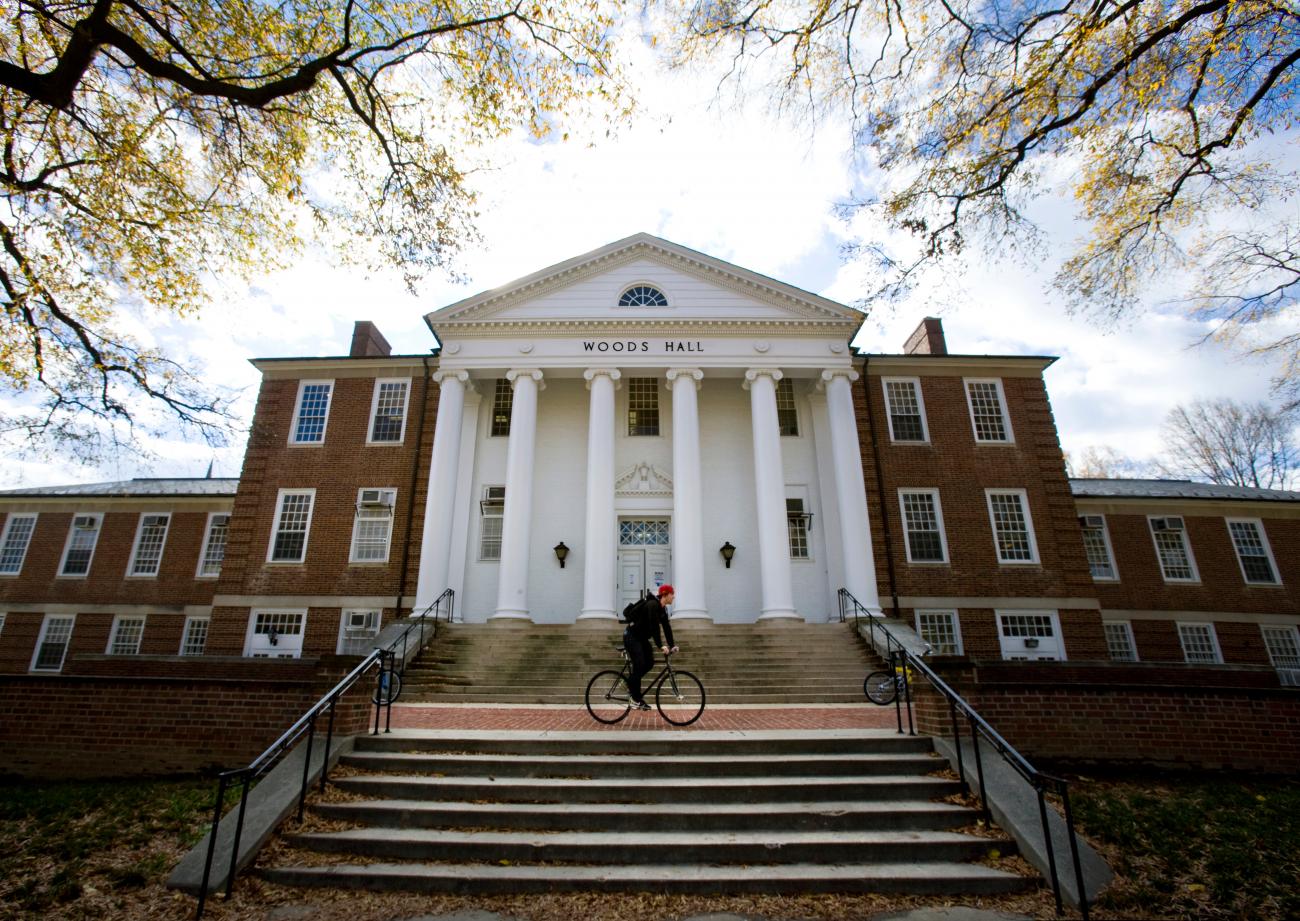This project examines the lives of immigrants laborers to the coal company towns of Northeast Pennsylvania starting in about 1880 until about 1940. The project examines their lives through multiple methods including archaeology, oral history and archival research.
Abstract:
The Lattimer Archaeology Project began as an interdisciplinary study of the Lattimer Massacre, a little known event in Pennsylvania labor history in which striking immigrant miners were shot by a company-sanctioned posse. I have found that the tragic memory of the massacre is largely forgotten in the broad narratives of American history but remembered locally through various forms of storytelling and memorialization. Documenting the manner and contexts in which the past is evoked to explain the present forms the foundation of this research. From the study of this tragic event, I began an investigation of the everyday social, political and economic contexts that precipitated the event and affected the nature of its telling in subsequent decades. I find the best way to do this has been to concentrate on a very rich examination of a very small place across a broad swath of historical time, described as microhistory. Through archaeological investigation, oral history, archival research, and literature review, I spent the last three summers examining shanty settlements on the periphery of the company-owned towns of Lattimer and Pardeesville.
First settled by Italian immigrants in the late 19th century, earliest accounts reveal the rich communal life of immigrant communities on the periphery of the mainstream American public. Poverty, persistence, ingenuity and cooperation are evident in the stories and objects I uncover. In documenting community responses to neglect and marginalization, it is clear that communal and familial efforts made the ephemeral architecture of shanty housing, mud streets and unsanitary living conditions safe, healthy, and permanent. Archaeology and oral history reveals family garden plots planted with vegetables transported from Italy. Community-led sanitation and infrastructure projects suggest that aspects of modern American life we take for granted were issues the community took into their own hands.


